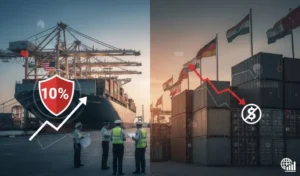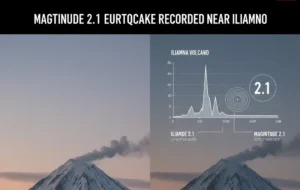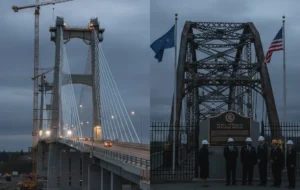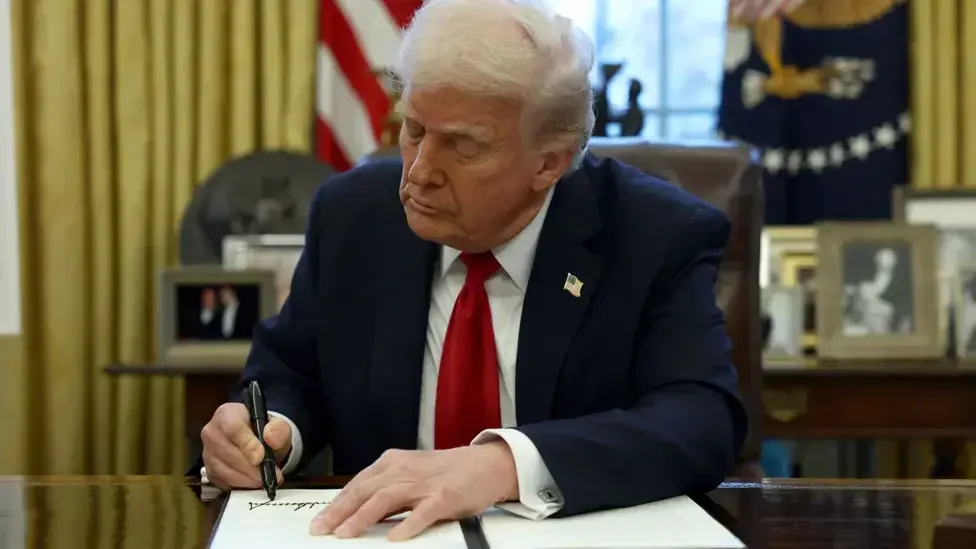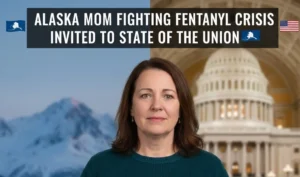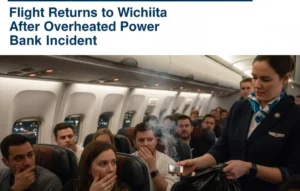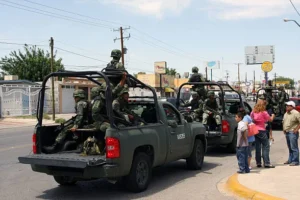President Donald Trump unveiled a sweeping agreement with Japan this week, calling it the biggest trade deal ever signed. This deal reduces US tariffs on Japanese goods to 15%, down from the 25% previously threatened by Trump.
In return, Japan has pledged to invest $550 billion in the US economy, boosting manufacturing and job creation nationwide. During a White House event, Trump declared the deal a victory for both countries after weeks of intensive negotiations in Washington.
Trump emphasized that Japan will now open access for US cars, trucks, rice, and other agricultural products previously restricted. Prime Minister Shigeru Ishiba welcomed the agreement, calling the 15% tax rate the lowest among trade surplus nations with the US.
Ishiba confirmed that tariffs on US vehicles and parts entering Japan remain unchanged, offering no reciprocal reduction in the agreement. However, Japan’s auto industry, comprising 3% of its economy, will benefit from the lower US tariff, giving it a competitive edge.
Despite market gains in Tokyo, US automakers expressed disappointment with the deal, saying it favored Japan’s exports over theirs. Matt Blunt of the American Automotive Policy Council criticized the Japan trade deal.
Unlike Japanese competitors, manufacturers still face 25% tariffs when importing from plants in Canada and Mexico. Unlike previously threatened, Japan had been pushed to compromise quickly if a deal wasn’t reached by August.
The Nikkei rose 3.5% on Wednesday as Toyota, Nissan, and Honda shares surged following the trade deal announcement. Meanwhile, Ishiba faces political pressure at home after his Liberal Democratic Party lost its upper house majority in recent elections.

